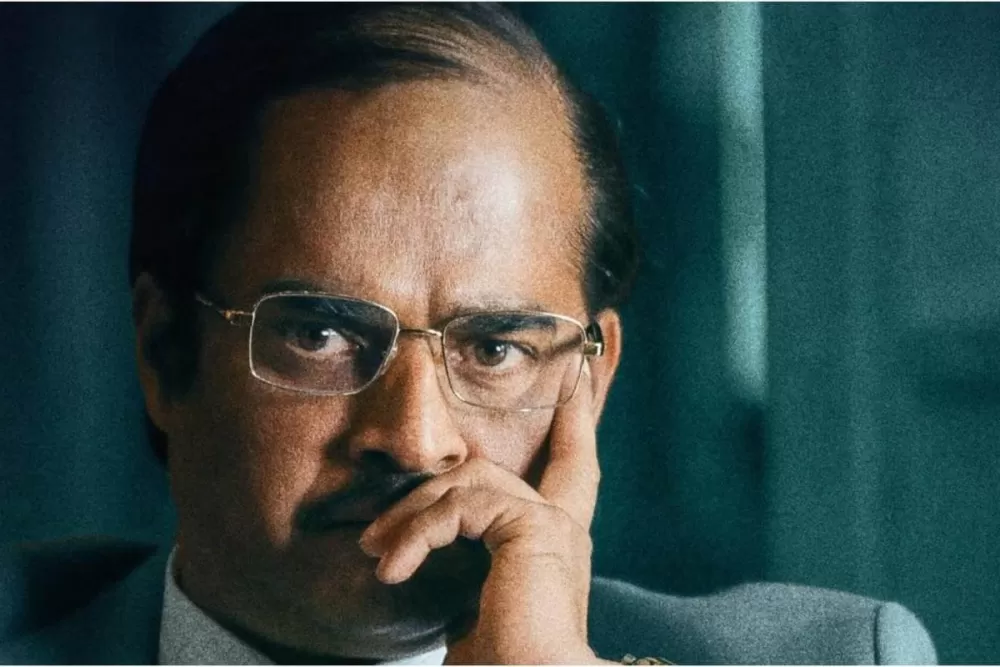A Unified Vision: India and France Championing a Rules-Based Global Order
- Nishadil
- September 30, 2025
- 0 Comments
- 3 minutes read
- 46 Views
- Save
- Follow Topic

French Diplomat Emphasizes India-France Unity on Rules-Based Global Order and Extensive Cooperation
French Foreign Minister Catherine Colonna recently affirmed the deep strategic convergence between India and France, underscoring their shared commitment to a rules-based international system and expanding cooperation across critical sectors like defense, space, and the Indo-Pacific.
In a powerful affirmation of enduring diplomatic ties, French Foreign Minister Catherine Colonna recently underscored the profound convergence between India and France, highlighting their unwavering commitment to upholding a rules-based international order. This shared vision forms the bedrock of their strategic partnership, a formidable alliance that has steadily deepened over decades, addressing not just bilateral interests but also pivotal global challenges.
Colonna articulated this shared philosophy during a significant engagement, emphasizing that both nations, as key global players, are dedicated to strengthening multilateralism and ensuring stability in a complex world.
The sentiment resonates deeply with India's increasing influence on the global stage and France's historical role as a proponent of international law and cooperation.
A cornerstone of this robust partnership lies in their collaborative efforts within the Indo-Pacific region. Both India and France envision a free, open, inclusive, and stable Indo-Pacific, driven by adherence to international law rather than power politics.
This shared strategic outlook translates into concrete initiatives, fostering security and prosperity across the vital maritime expanse. France views India as an indispensable partner in navigating the complexities and opportunities of this dynamic region.
Beyond geographical specifics, the breadth of bilateral cooperation is truly expansive.
Defense, a traditional pillar of their relationship, continues to be a crucial area, marked by technology transfer, joint exercises, and strategic acquisitions that bolster both nations' capabilities and interoperability. Furthermore, the partnership extends into cutting-edge domains such as space exploration, where shared scientific ambitions drive innovation and collaborative ventures that push the boundaries of human knowledge.
Civil nuclear energy remains another vital facet of their cooperation, symbolizing a commitment to clean energy and sustainable development.
Discussions continue to advance projects that harness this powerful energy source responsibly. Innovation, a key driver of modern economies, also sees significant bilateral focus, with both countries keen to foster a vibrant ecosystem for technological breakthroughs.
On the multilateral front, India and France stand shoulder-to-shoulder, advocating for collective solutions to pressing global issues.
Their collaboration extends to vital platforms like the G20, where they jointly champion economic stability and inclusive growth. Climate change, a shared existential threat, sees them working in tandem on ambitious initiatives to mitigate its effects and transition to greener economies. Efforts to protect biodiversity and ensure sustainable development are also high on their joint agenda, reflecting a holistic approach to global stewardship.
The strategic partnership, formally established in 1998, has continuously evolved, demonstrating remarkable resilience and adaptability.
Frequent high-level visits and ongoing dialogues, such as the recent productive meeting between Foreign Minister Colonna and India’s External Affairs Minister S. Jaishankar, reinforce the depth of their engagement. These interactions provide platforms for candid discussions on critical bilateral and global issues, ensuring alignment and concerted action.
In essence, the India-France alliance is a testament to the power of shared values and strategic foresight.
It’s a partnership that not only serves the mutual interests of both nations but also contributes significantly to building a more stable, just, and rules-bound international order for the benefit of all.
.Disclaimer: This article was generated in part using artificial intelligence and may contain errors or omissions. The content is provided for informational purposes only and does not constitute professional advice. We makes no representations or warranties regarding its accuracy, completeness, or reliability. Readers are advised to verify the information independently before relying on















